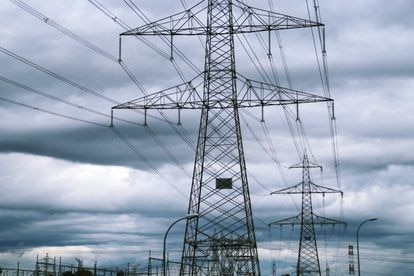On January 22nd, the local time, the renowned energy research company Cornwall Insight released a latest research report, revealing a significant downward trend in British residents’ energy expenses in the spring. The report pointed out that, driven by the decline in prices from high levels, British households’ energy expenses may decrease by nearly 16% in the short term, providing a certain degree of relief for budget-strapped families.
According to Cornwall Insight’s forecast, the annual price cap set by Ofgem, the energy regulatory body, may drop to £1,620 by April this year, representing a 308-pound reduction compared to approximately £1,928 in January, indicating that the UK’s annual energy prices are expected to continue falling.
The report pointed out that since November 2022, wholesale energy prices have been on a downward trend, which will create conditions for the adjustment of the price cap. The price cap represents the annual bill for a typical family and reflects the wholesale prices of electricity and natural gas.
However, Chief Advisor Craig Lawrie of Cornwall Insight reminded that “although recent trends suggest that prices may stabilize, it will still take time for full recovery to previous levels of energy spending. Changes in sources and delivery methods for both European natural gas and electricity, as well as sustained market concerns about geopolitical events, mean that we may still face higher-than-historical prices.”
In addition, inflation in the UK is also expected to gradually ease. On January 22nd, the UK’s leading economic research organization EY Statistical Club pointed out in its latest economic analysis report that the current state of stagnant inflation in the UK is expected to be alleviated in 2024.
EY Statistical Club pointed out that the main difficulties of UK economic growth currently lie in persistent inflation and high benchmark interest rates, both of which will be alleviated in 2024. EY expects the UK to control inflation at a level below 2% by May 2024, with the Bank of England’s interest rate cuts expected to be between 100 and 125 basis points in 2024, with the benchmark interest rate potentially dropping from 5.25% to 4% by the end of this year.
With the resolution of these two economic difficulties, the stagnant inflation and economic growth situation in the UK will be alleviated. EY has raised its economic growth forecast for the UK from 0.7% to 0.9% for 2024 and from 1.7% to 1.8% for 2025. However, the EY Statistical Club head also stated that challenges remain. If inflation resumes rising, it will once again affect the UK’s economic growth projections.
According to the above summary, the easing of UK energy prices and inflation levels has brought favorable signals for households, but amid the fragile state of economic growth, there are still many uncertainties regarding future economic trends. In the face of international energy market and geopolitical risks, the UK government and relevant departments need to continue to pay attention to energy price fluctuations and take measures to ensure that households and businesses can respond to potential risks. At the same time, the UK should actively seek economic structural adjustment and optimization to respond to future growth challenges.





